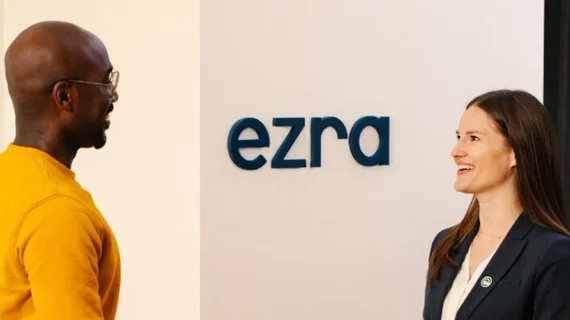Imaging startup Ezra hopes to launch 15-minute, $500 whole-body MRI by 2026
Imaging startup Ezra Inc. hopes to launch a 15-minute, $500 whole-body MRI offering by 2026, the company said in a recent announcement.
The New York-based healthcare AI firm has scored U.S. Food and Drug Administration clearance for its Ezra Flash, a class 2 medical device. This will allow Ezra to enhance the quality of brain, abdomen and pelvis images.
Founded in 2018, Ezra offers an elective full-body MRI for $2,395, hoping to help patients root out cancer and other concerns before symptoms emerge.
"This FDA clearance marks another milestone in our journey towards making affordable and fast full-body MRIs a reality," Emi Gal, founder and CEO, said in an announcement shared Feb. 20. "Our goal is to launch a 15-minute, $500 full body MRI scan in 2026, and this new FDA clearance is an important step in that direction.”
Ezra believes it’s the first company to leverage AI across all three steps of cancer screening including imaging, analysis and reporting. About 6% of customers who have received its elective scans have identified cancer. The company has now raised over $44 million in funding, and its technology is available at 74 locations in 29 U.S. cities. Several are in partnership with established imaging providers such as Rayus Radiology and Longhorn Imaging.
Rival full-body startup Prenuvo also recently raised $120 million and earned FDA clearance for a new AI-powered, whole-body composition analysis platform.

